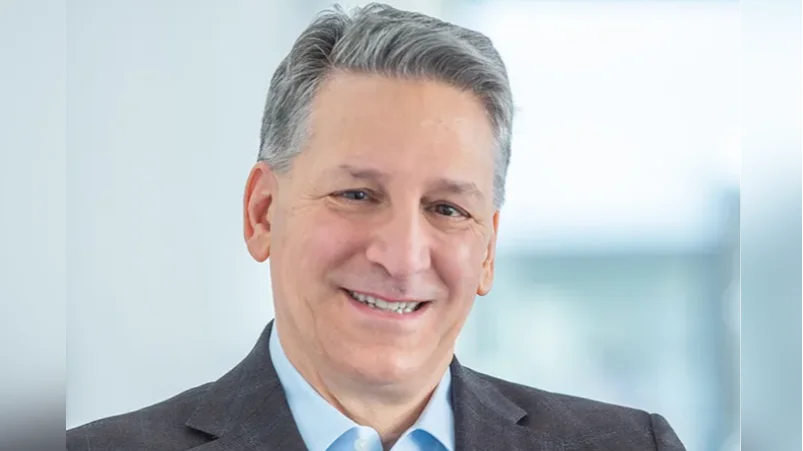Siemens has announced the launch of a major project as part of its Made for Germany initiative, focusing on expanding its Erlangen site into a leading technology campus. The company plans to invest €500 million in transforming the location by 2030.
The first phase involves building a center for logistics, services, and flexible automation, which will provide workspace for up to 300 people and cover approximately 7,000 square meters. Completion is expected by 2027. The second phase will add a development and innovation hub for power electronics and additional manufacturing space. This facility aims to develop new generations of converters and controls designed to enhance the speed, precision, and efficiency of system and machine movements.
Roland Busch, President and CEO of Siemens AG, stated: “The Siemens Technology Campus in Erlangen is a lighthouse project of the Made for Germany initiative because our colleagues at the location are a role model for Germany’s innovative power and competitiveness. Here, we’ve got superior products and a radical approach to customer value coupled with a relentless focus on digitalization, automation and artificial intelligence. With these success factors, we’re securing Germany’s economic future. Siemens delivers. Now it’s up to policymakers to implement the necessary structural reforms.”
This investment is part of Siemens’ global strategy announced in 2023 to allocate around €2 billion worldwide, with €1 billion dedicated to projects within Germany. The Erlangen campus is intended to become a global leader in industrial metaverse technologies—a virtual environment where companies can use artificial intelligence and digital twins to simulate, test, and optimize processes before implementing them in reality.
Joachim Herrmann, Bavarian State Minister of the Interior, commented: “Siemens’ investment offensive is a clear signal for Germany, Bavaria and Erlangen as well as for the around 3,000 people working on Frauenauracher Strasse. The Siemens Technology Campus in Erlangen will be a blueprint for research and development as well as for the production of Siemens’ future-oriented technologies. It will drive the digital transformation and further strengthen Bavaria’s position as a leading technology region.”
Currently, about 3,000 employees work at Siemens’ Frauenauracher Strasse site in production, research, development, and administration roles.
Erlangen mayor Dr. Florian Janik added: “The Siemens Technology Campus is also a lighthouse project for Erlangen. It will further strengthen our city as a science and innovation hub and create a living environment for talents and companies. We’re proud to be a partner in this future-oriented project, which combines sustainability and digitalization in an exemplary manner.”
Sustainability was emphasized from early planning stages through use of digital twin technology that allowed simulation of campus design focused on minimizing environmental impact. The entire site is being developed as net-zero with plans including green energy infrastructure, energy storage solutions partnered with the city of Erlangen, and use of Siemens’ own digital building technologies.
During demolition works prior to construction, Siemens prioritized recycling materials—reusing 96 percent of rubble from three dismantled buildings covering nearly 25,000 square meters—and used only green energy-powered vehicles on-site. These efforts resulted in avoiding emissions equivalent to 70 tons of CO2 or 24,000 liters of diesel oil.

